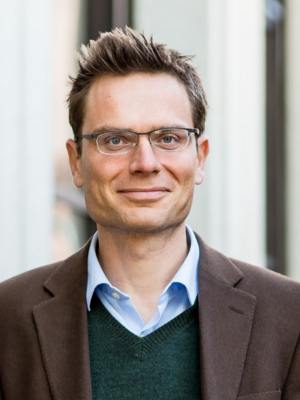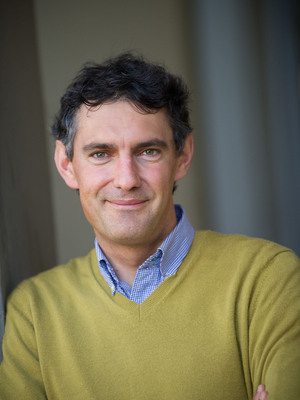Income and Wealth Inequality
Leaders: Nicholas Bloom, Raj Chetty, Emmanuel Saez
The CPI is home to some of the country’s most influential analyses of the income and wealth distribution. The purpose of the Income and Wealth RG is to monitor the ongoing takeoff in income inequality, to better understand its sources, and to analyze its implications for labor market performance, educational attainment, mobility, and more. The following is a sampling of the CPI’s research projects within this area.
Trends in income and wealth inequality: What are the key trends in U.S. income and wealth inequality? The U.S. increasingly looks to Emmanuel Saez and his research team for the latest data on U.S. economic inequality.
Distributional National Accounts: In an ambitious infrastructural project, Emmanuel Saez and his team are building a “Distributional National Accounts” based on tax returns, a data set that will eliminate the current gap between (a) national accounts data based on economic aggregates and (b) inequality analysis that uses micro-level tax data to examine the distribution of income but is not consistent with national aggregates. This new data set will in turn make it possible to evaluate the extent to which economic growth, which has long been represented as a preferred poverty-reduction approach, is indeed delivering on that objective.
The rise of between-firm inequality: How much of the rise in earnings inequality can be attributed to increasing between-firm dispersion in the average wages they pay? This question can be addressed by constructing a matched employer-employee data set for the United States using administrative records.
Rent and inequality: It is increasingly fashionable to argue that “rent” accounts for much of the takeoff in income inequality. The Current Population Survey can be used to assess whether this claim is on the mark.
CPI Collaborators
 |
Dennis Gilbert |
Professor of Sociology Emeritus; Lecturer in Sociology |
Hamilton College |
 |
John Goldthorpe |
Emeritus Fellow, Sociology |
Nuffield College |
 |
Peter T. Gottschalk |
Research Professor of Economics; Research Fellow, IZA |
Boston College |
 |
Paul M. De Graaf |
Professor of Cross-national and Longitudinal Analyzes of Socio-cultural processes |
University of Tilburg |
 |
Nan Dirk De Graaf |
Professor and Official Fellow, Department of Sociology, Nuffield College |
University of Oxford |



